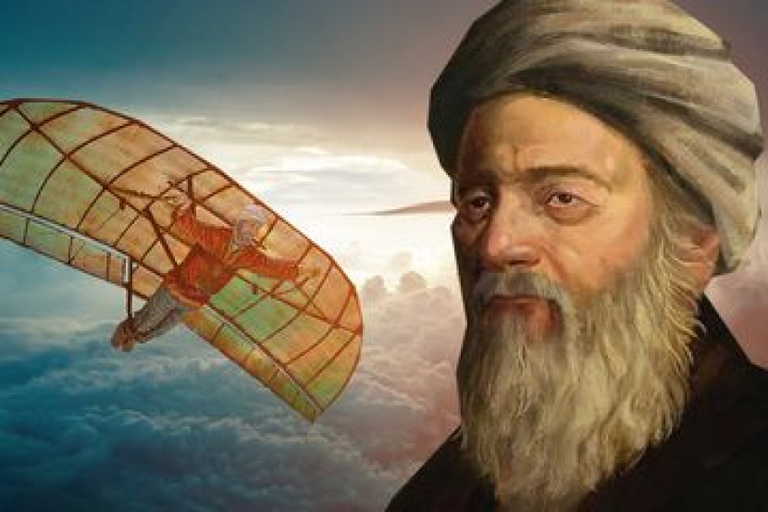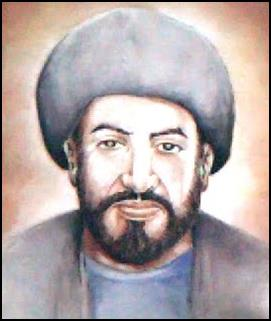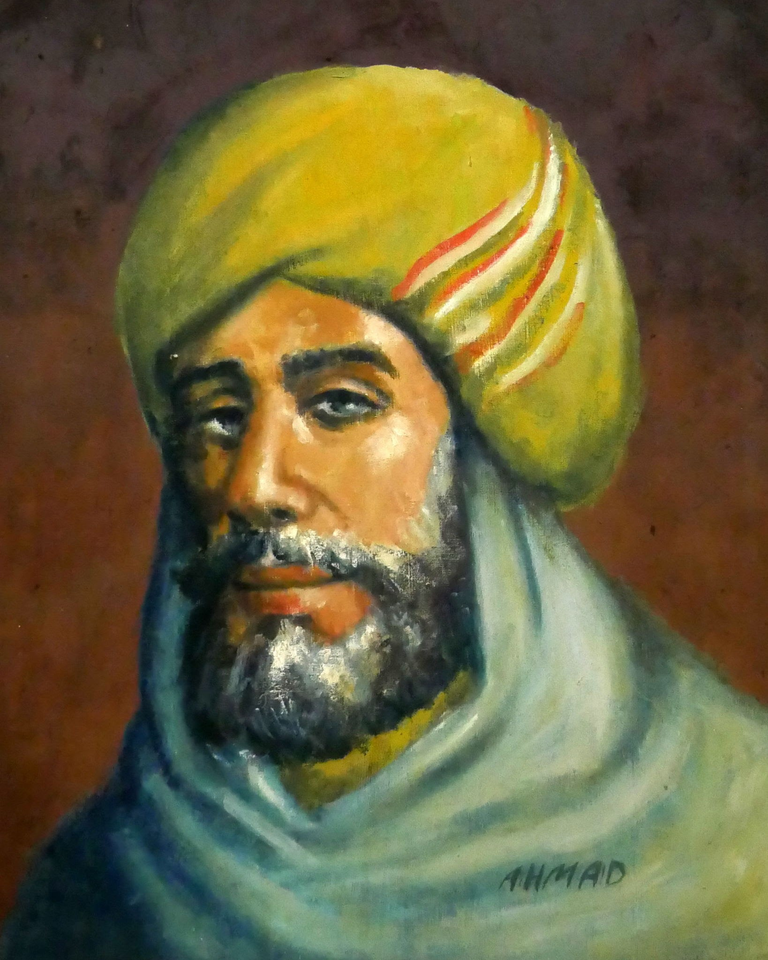Hi friends, today I am back to continue my post about world scientists. Previously, I reviewed nine brief profiles of world scientists in the last three posts, namely "Getting to Know the World's Most Contributing Scientists | Part 1", “Getting to Know the World Scientists | Part 2”, and “World Scientists | part 3”. In this post, I return to review brief profiles of other scientists. Hope you like this post.
1. Abbas bin Firnas (Polimatics and Father of Aviation)
Abbas bin Firnas also known as Abbas Abu al-Qasim bin Firnas bin Wirdas al-Takurini was an Andalusian polymath who was an Arabic-speaking inventor, physicist, chemist, technician, musician and poet. He is also often said to be of Berber descent (an ethnic group native to North Africa east of the Nile Valley).
Abbas bin Firnas was born in Izn-Rand Onda, Al-Andalus (now Ronda, Spain) and lived in the Caliphate of Córdoba. He is known to pursue the world of aviation and became a pioneer in the field of aviation.
In his honor, the name Abbas bin Firnas was also named after the Crater of Ibn Firnas on the Moon, Ibn Firnas Airport in Baghdad and one of the bridges along the Guadalquivir river in Córdoba were also named.
2. Al-Dinawari (Botanist)
Al Dinawari or with his full name Ahmad bin Daud Al Dinawari Al Hanafi Abu Hanifah is a Muslim scientist who is an expert in the field of botany. He was born in the city of Dinawari (a city destroyed by the Mongol attack) in 204 AH/820 AD and died in 283 AH/896 AD.
The scientist who is known to be intelligent and active has studied various sciences, namely astronomy, mathematics, and engineering in Isfahan, Iraq. In addition, he also studied linguistics and poetry in Kufa and Basra, Iraq. So Al Dinawari became an expert in various fields, such as astronomy, zoology, history, earth sciences, languages and ethnography.
He had a great interest in the plant world, so he was known as a botanist. Al Dinawari did a lot of research to explore where plants live and the climate is suitable for plant growth. To support his research, he linked hadith and poetry about plants.
During his life, Al Dinawari wrote many works in the field of science, such as the fields of mathematics and natural sciences including, Kitab Al Jabar wa aI-Muqabala (Book of Algebra), Kitab al-Nabat (Book of Plants), Kitab al-Kusuf (Book of Algebra). , Books on solar eclipses), Kitab al-Radd ala Rasad al-Isfahani (Contrary to Isfahani's observations), Kitab al-Hisab (on Calculus), Baht fi Hizab al-Hind (Analysis of the Indian language of calculus), Kitab al-Jam Wa ' l-Tafriq (Book on arithmetic), Kitab al-Qibla waliwal (Book of orientation to the stars), Kitab al-Anwa (book on weather) and Islah al-Mantiq (Medicine based on logic).
In addition, Al Dinawari also wrote many books in the social and literary fields (social sciences and humanities, such as Akhbar al-Tiwal (general history), Kitab al-Kabir (books on the history of science), Kitab al-Fisha (books on on how to make speeches). , Kitab al-Buldan (a book on geography), Kitab al-Shi'r wa'l-Shu'ara (a book on poetry and rhymes) and Ansab al-Akrad (about Kurdish descent).
3. Ar Razi (All-round scientist)
Abu Bakr Muhammad bin Zakaria ar-Razi, otherwise known as Rhazes in the western world, was an Iranian scientist who was born in 251 AH/865 in Rayy, Tehran and died in 313 AH/925. Ar-Razi since childhood has studied philosophy, chemistry, mathematics and literature. Ar-Razi is also known as a versatile scientist and is considered one of the greatest scientists in Islam.
In medicine, he studied with Hunayn bin Ishaq in Baghdad. Upon his return to Tehran, he was entrusted with managing a hospital in Rayy. Subsequently he also led the Muqtadari Hospital in Baghdad.
Ar Razi has contributed a lot in the world, including in the fields of medicine such as the discovery of smallpox and measles, allergies and hay fever, pharmacy, medical ethics. He wrote several works in the field of medicine, such as The Noble Life, Instructions for Medicine for the general public, Galen's Doubt, and Children's Diseases. His works are phenomenal, such as Kitab al-Mansoori, Al-Hawi, Kitab al-Mulooki, and Kitab al-Judari wa al-Hasabah.
Thanks for reading. Hopefully useful and waiting for the next post.



I keep learning a lot from you each day. Thanks for always keeping us glued to your post with these histories